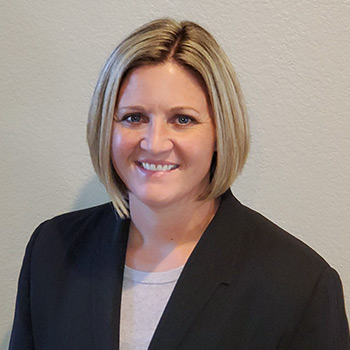The real estate market has changed quietly over the last few years, but you may be missing key insights. John Reed explains what investors should be watching.
How has the real estate market changed and how should you be responding to that? Today our guest is John Reed. John, you changed your views of the real estate market. You've been a longtime real estate investor. Tell us what you're seeing now.
Well, one of the comments I made in my speech yesterday on this topic is that people are suffering from boiling frog syndrome. That is, the market in a lot of ways changes gradually over time, and boiling frog means that the frog won't jump out of a water pot if you raise the temperature gradually, but if you throw him into a boiling pot, he would immediately jump out. If you do it gradually, people don't notice.
It used to be you could get a 20- or 30-year income property mortgage on investment property. It's very hard to do anymore, usually three, five, seven years. Right now, the home mortgage market is pretty much nationalized. About 95% of it is run by the federal government, and that means it's more political. It used to be you wanted a good credit rating and good income and all. Now it's switching over more to politics, keeping people in their homes and all that.
The Tax Reform Act of 1986 dropped the value of income property about 25% overnight because of a thing called the passive loss limits. That's still around. I'm a big admirer of what happened recently with the subprime crisis.
A couple of non-real estate guys, maybe a dozen of them-they're written up in the book The Big Short by Michael Lewis-they saw the subprime market and said, "Well, that sounds really dumb. How can we short that? How can we bet against it?" They created a derivative called a credit-default swap, which makes a nice, clean way to bet against subprime mortgages.
John Paulson and his associate, Paolo Pellegrini, they made $20 billion shorting subprime mortgages, and they were not real estate guys. They just kind of saw this out of their peripheral vision.
My whole career, whenever real estate is down, you would hear real estate guys say, "Hey, it's too bad we can't short real estate." Well, it's too bad that you didn't stop and think about a way like Paulson did. The biggest profit ever made by anybody in the universe in an investment is $20 billion.
So, given all that then, what should investors be doing as different from what homeowners may want to do?
Well, you need to look at the numbers, and don't grade on the curve. A lot of times you go out in the market, and the market stinks, and all the buildings are overpriced, but you go ahead and buy one anyway because it was the best one you could find. I said, "Don't do that. Have a standard criteria, and when you go out into the market and you can't find anything that meets it, to heck with it."
That's what gamblers at horse races call sitting out the race. Sometimes you have an advantage, you bet. When you don't have an advantage, you don't bet. Other times the market is dead, like recently everybody is so depressed and pessimistic, that you might make your standard criteria and go out and find ten buildings that meet it. Well, buy all ten if you have the money.
So, those kinds of things. Be objective, but look at each deal on an individual basis. Don't get excited about the fact that current prices are well below the 2006 peak. They may not be far enough below the peak. There's no prize for beating the peak. The prize is for getting a return.
It sounds like being patient is one of the keys.
At times, yeah. Sometimes it's the opposite. Sometimes you've got to pull the trigger quick. I tell people, "Buy the first, not the best, because if you try to line up like five good deals, then say, well, which one will I buy, they'll all go." So, when you find a good deal that meets your criteria, I usually have a one-page sheet. If it meets it, boom, buy it.
Related Reading:



















